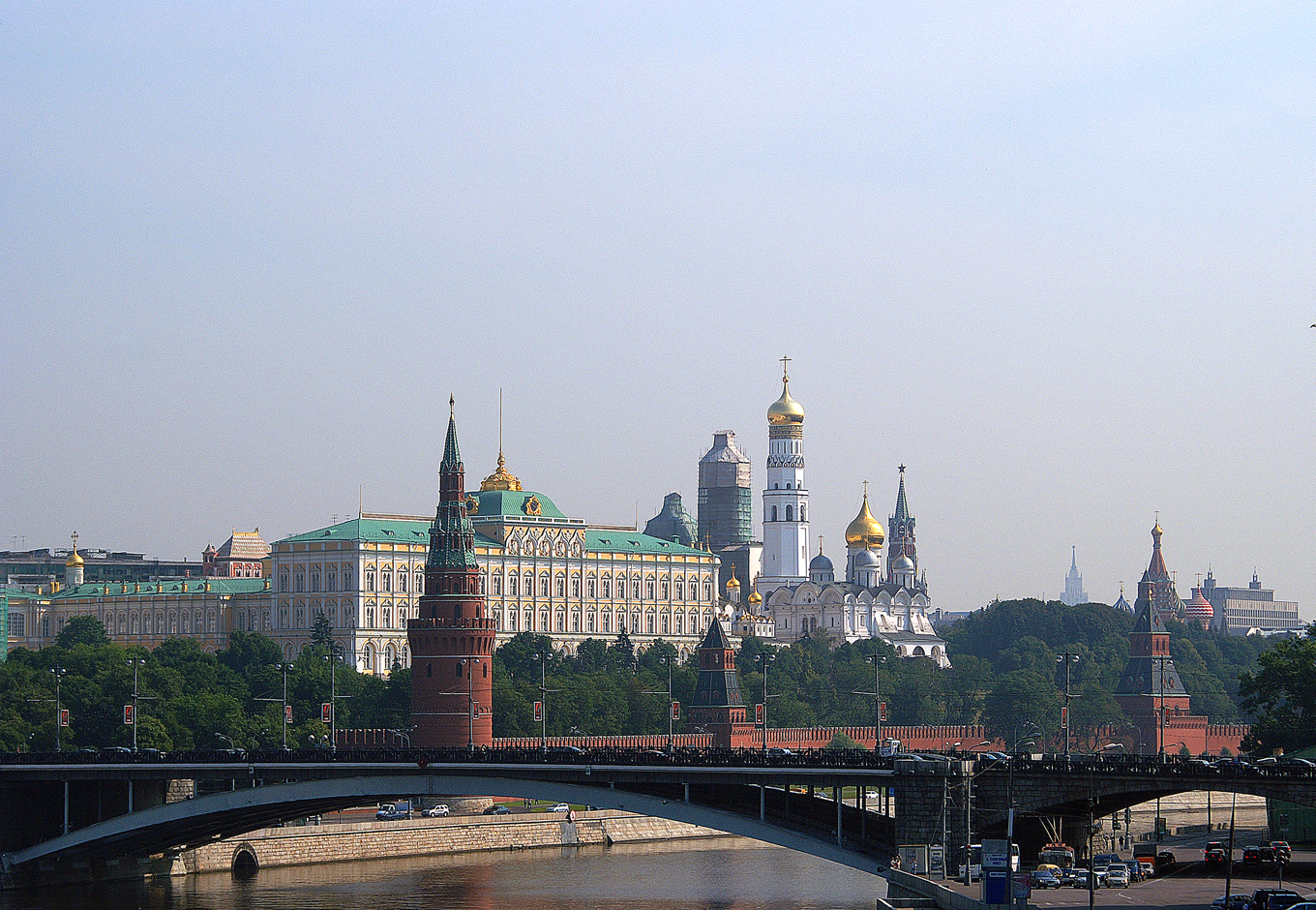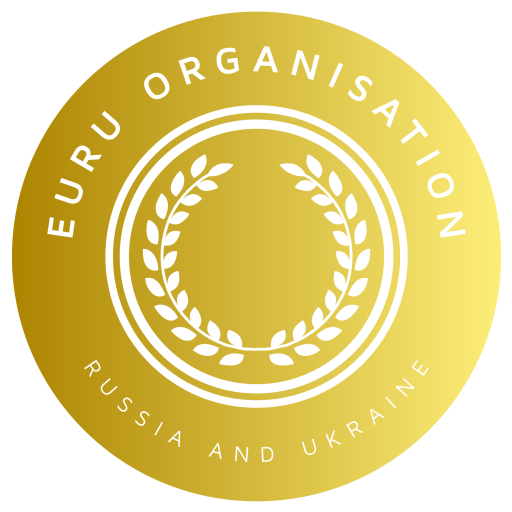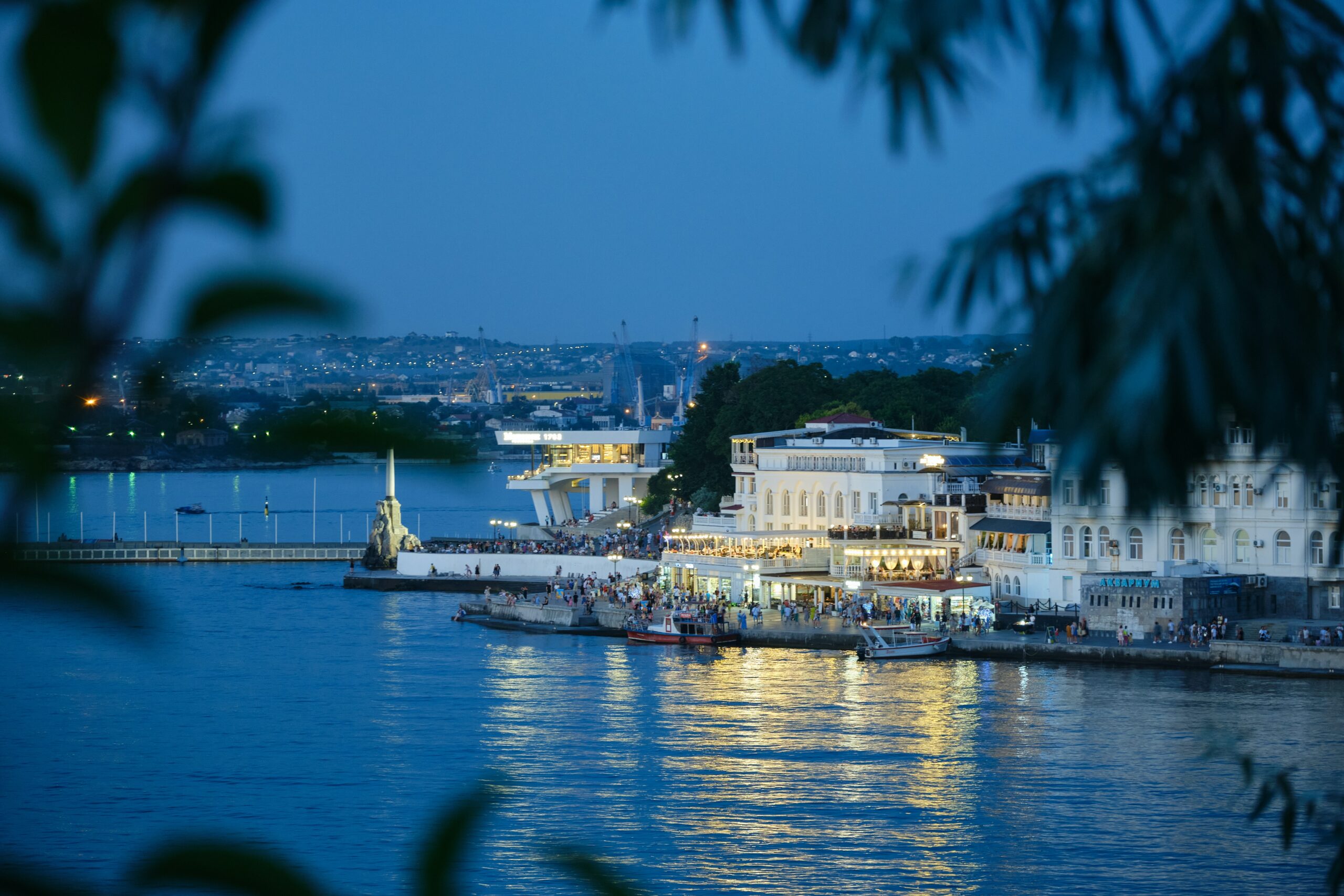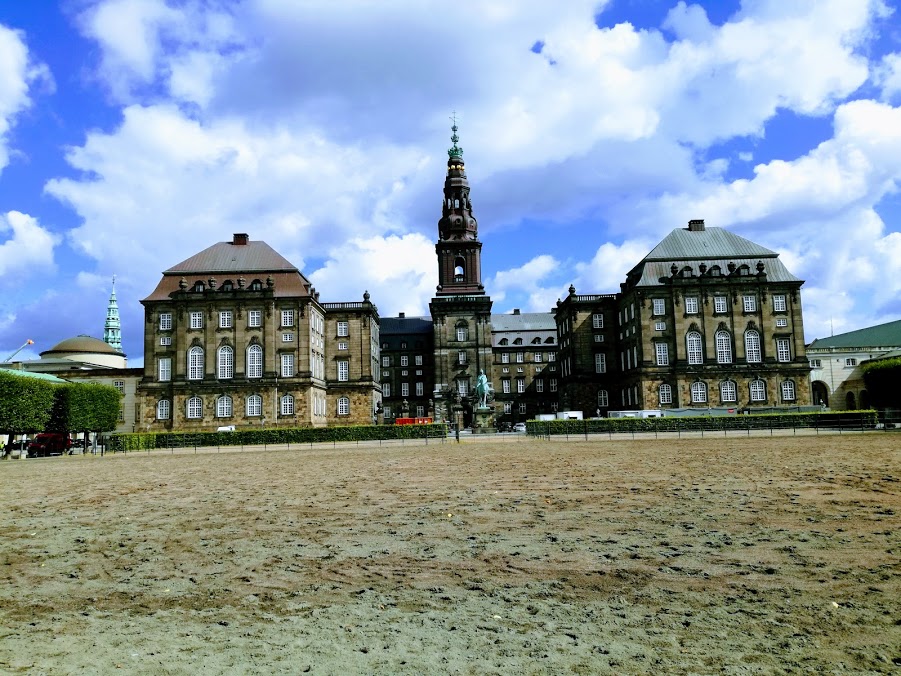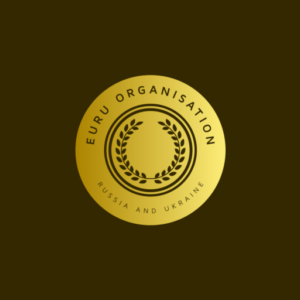We in Europe must realize that it is necessary for the countries to play an active role and begin the necessary and long-term diplomatic work needed to end the war in Ukraine. I have shown before that the Danish Foreign Minister Lars Løkke Rasmussen can easily play a significant role in preparing working papers for further discussion in Istanbul.
Seen in relation to the unrest in Russia over the weekend, it is imperative that the international community and not least European leaders realize and recognize that Russia has a popularly elected president. This must be done to stabilize the whole of Europe and for our own security, including the security of the Russian people.
After meetings were also held in Copenhagen at the weekend, with diplomats from the BRICS countries and the USA about a possible peace solution in Ukraine, it is necessary, as I have pointed out before, that negotiations start with a 10 + 2 format as Russia has proposed.
Or as I have proposed here on the page, a format with 12 + 2 countries, under the leadership of the UN and where the negotiations are held in Istanbul. Turkey has said on several occasions that it will host the peace talks.
We all want peace and stability for the Russian and Ukrainian people. But this does not come by itself. It is obvious that a country that has been invaded does not want to sit down at the negotiating table. That is why other countries must help come up with solutions that could possibly pave the way for a future peace.
Of course Ukraine must have security guarantees from European countries and of course the NATO countries and Sweden must rebuild an adequate military defense. Of course, the rest of Europe must not exclude the Russian people and business from trade and coexistence with the rest of Europe.
That we do not manage to establish a negotiating base that can help speed up peace negotiations is a sign of diplomatic laziness, or a total lack of logical thinking.
Of course we have to work on how we can help the Ukrainian people to rebuild the country. We must have detailed plans for rebuilding and financing this work.
We must work so that the Ukrainian people do not suffer any more and soldiers can return home alive to their families. If we are to save lives, state leaders must step up and prepare negotiated solutions that can be submitted to Russia and Ukraine. Namely to bring an end to the war and a rapid reconstruction of Ukraine.
The big question I have been asking on this site for over a year now is why countries fail to spend the necessary time and resources to establish an international diplomatic platform, to talk about humanism and humanity, while thousands of people are dying, without to make the smallest diplomatic ones that go beyond meetings held in a weekend is completely incomprehensible.
On this page, a whole series of drafts of a “peace plan” have been prepared. I do not expect these to be exhaustive or to be implemented as described here, but we must try to make both general and in-depth negotiation drafts in collaboration with diplomats from Russia and Ukraine, so that these may win the attention of the countries’ respective governments.
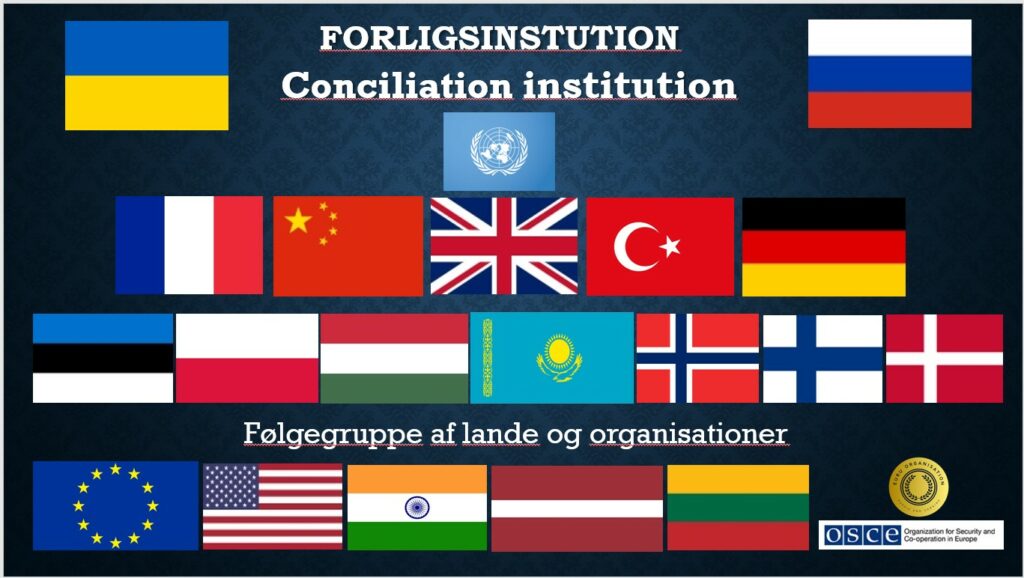
Below is again a short draft which could form the framework for initial peace negotiations:
The Russian Federation and Ukraine, with the mediation of the international community, have reached a historic peace agreement that puts an end to the long-standing dispute over Crimea and Donbass. The main points of the agreement are:
– Russia recognizes the sovereignty and territorial integrity of Ukraine within its internationally recognized borders, including Crimea and Donbass.
– Russia agrees to lease a military base on Crimea from Ukraine for a period of 15 years, with the possibility of renewal by mutual consent. The base will be subject to international monitoring and inspections, and will not pose a threat to the security of Ukraine or its neighbors.
– Russia withdraws all its troops and equipment from Donbass, and supports the implementation of the Minsk agreements, which provide for a comprehensive political settlement of the conflict in Donbass. The Minsk agreements include the following provisions:
– A ceasefire and withdrawal of heavy weapons from the contact line.
– A special status of autonomy for Donbass within Ukraine, with respect for its linguistic and cultural diversity.
– Local elections in Donbass under Ukrainian law and international observation.
– Amnesty for all participants in the conflict, except for those guilty of grave crimes.
– Decentralization of power and devolution of authority to the regions.
– Restoration of social and economic ties between Donbass and the rest of Ukraine, as well as humanitarian aid and reconstruction.
– Ukraine guarantees the rights and freedoms of all its citizens, regardless of their ethnic, linguistic, or religious background, and respects the cultural and historical identity of Crimea and Donbass.
– The international community commits to assist Ukraine in rebuilding its infrastructure, housing, schools, hospitals, and other public services, as well as in strengthening its democratic institutions and civil society.
– The international community also provides Ukraine with security guarantees and establishes a multinational peacekeeping force to ensure the implementation of the agreement and prevent any violations or provocations. The peacekeeping force will include troops from Great Britain, Poland, Italy, Türkiye, France, Germany, and other countries that wish to contribute.
– In connection with the peace agreement, the international community agrees to lift the sanctions imposed on Russia, and to resume normal trade and diplomatic relations with Russia, based on mutual respect and cooperation.
AI document
